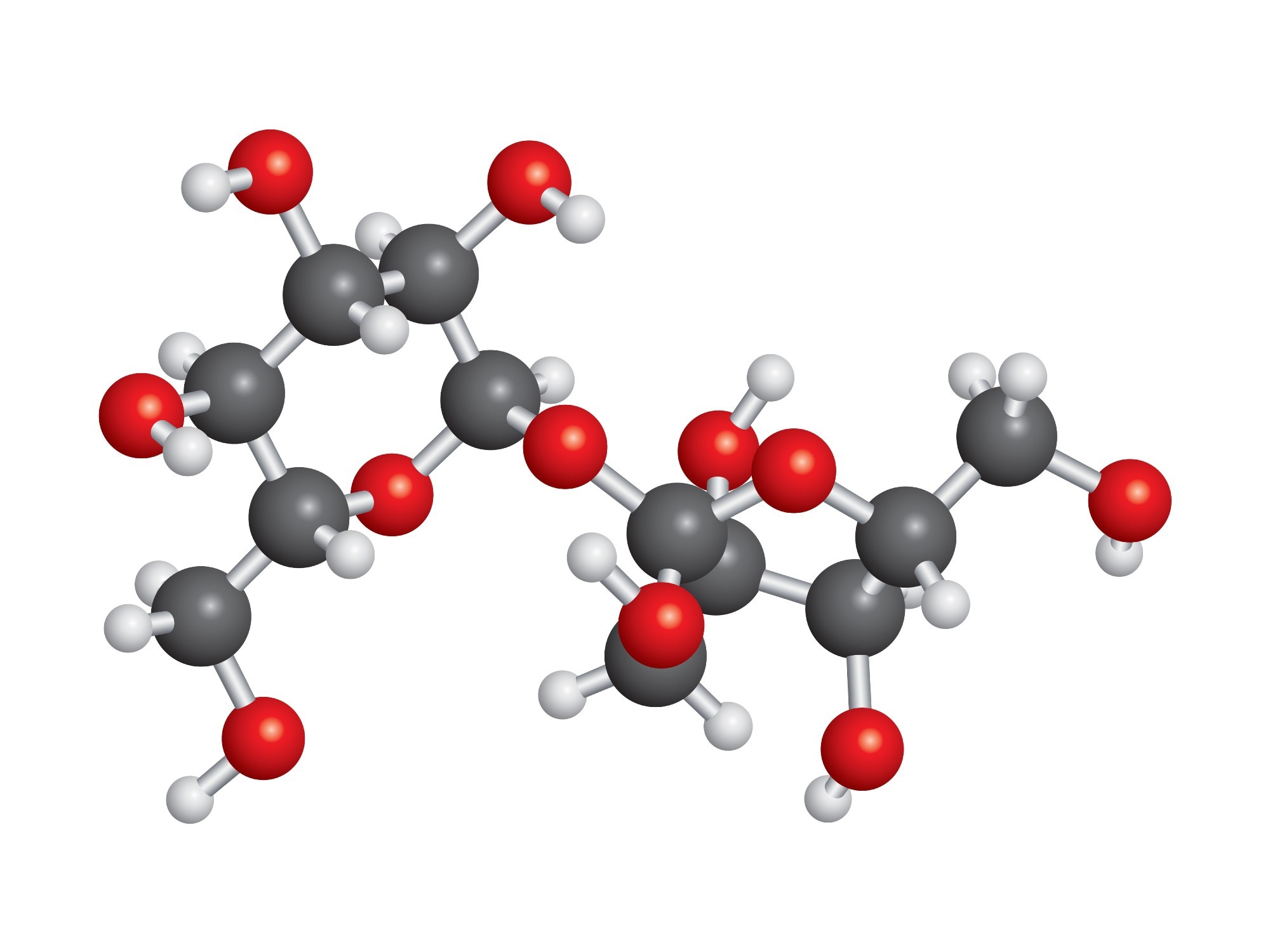Most Recent Advancements in Polymers: Cutting-Edge Technology
Most Recent Advancements in Polymers: Cutting-Edge Technology
Blog Article
Exploring the Varied Applications and Advantages of Polymers in Different Industries
Polymers, with their varied array of residential or commercial properties and performances, have come to be indispensable in various industries, each gaining one-of-a-kind advantages from their application. From improving safety and security and efficiency in the vehicle industry to revolutionizing clinical tools in the medical care industry, polymers play an essential function.
Automotive Sector Applications
Polymers play a critical function in improving the efficiency and toughness of various elements within the vehicle market. One famous use of polymers in the auto sector is in the production of lightweight components.

Healthcare Sector Benefits
In different health care applications, the benefits of utilizing polymers are commonly acknowledged for their diverse series of helpful buildings. Polymers play an important duty in the healthcare industry as a result of their adaptability, biocompatibility, and cost-effectiveness. One of the key benefits of polymers in medical care is their capability to be customized to specific requirements, such as versatility, longevity, and biodegradability, making them ideal for a wide variety of medical applications.
Polymer-based products are thoroughly used in medical tools, such as catheters, implants, prosthetics, and drug shipment systems, because of their biocompatibility and ability to mimic all-natural tissues. These materials can minimize the risk of sensitive responses or beings rejected, boosting client safety and end results. In addition, polymers are lightweight, making them appropriate for wearable clinical tools and making certain individual comfort.
Furthermore, polymers make it possible for the advancement of innovative therapy approaches, such as hydrogels for cells design and nanocomposites for targeted drug shipment. Their convenience of processing and sanitation makes them important for maintaining high requirements of health in medical care settings. Overall, the varied benefits of polymers contribute significantly to innovations in medical innovation and client care.
Environmental Benefits of Polymers

Moreover, polymers can add to energy cost savings due to their lightweight nature. In sectors such as transportation, light-weight polymer products can assist lower fuel intake and greenhouse gas exhausts. Furthermore, polymers can make it possible for the advancement of energy-efficient products such as insulation materials that improve energy preservation in structures.
Moreover, polymers play an important duty in reducing water contamination. For instance, making use of polymer-based filtering systems can successfully eliminate pollutants and pollutants from wastewater, safeguarding water sources and ecological communities. On the whole, the environmental advantages of polymers make them useful assets in advertising sustainability and environment-friendly techniques throughout different industries.
Polymers in Electronics and Technology
Taking into consideration the raising need for cutting-edge and lasting remedies try this site in contemporary industries, the integration of sophisticated polymer technologies in the world of electronic devices and modern technology has become a pivotal method for driving efficiency and performance. Polymers have actually transformed the electronics sector by making it possible for the production of lighter, a lot more adaptable, and durable electronic tools. From smart devices to medical gadgets, polymers play an essential function in improving product layout and capability.
One considerable benefit of polymers in electronics is their shielding residential or commercial properties, which aid shield delicate digital elements from environmental elements and electric interference. In addition, polymers are important in the growth of versatile display screens, wearable innovation, and printed electronics, using limitless possibilities for creating smart and interconnected devices.
In addition, using polymers in digital product packaging has resulted in advancements in miniaturization and thermal monitoring, enhancing the general efficiency and integrity of digital systems. As innovation proceeds to evolve, the flexibility and adaptability of polymers will most certainly drive further development in the electronics market, shaping the future of modern technology.
Role of Polymers in Construction and Facilities
Polymers supply countless benefits in the building and construction market due to their adaptability, durability, and cost-effectiveness. One vital duty of polymers these details in building is their use in coverings and sealers, supplying security against ecological variables such as moisture, UV radiation, and deterioration.
Moreover, polymers play an important function in sustainable construction techniques by making it possible for the advancement of energy-efficient frameworks. Shielding materials made from polymers aid manage interior temperatures, minimizing the need for heating and cooling systems and inevitably decreasing energy consumption. In addition, making use of polymer-based compounds in infrastructure jobs such as bridges and roadways boosts their durability and minimizes maintenance expenses. Overall, the incorporation of polymers in construction and infrastructure displays their significant effect on contemporary engineering methods.
Final Thought
In conclusion, polymers play an important function in different markets such as automobile, medical care, environmental, electronic devices, and construction. Their flexible residential properties make them valuable in developing ingenious options and items. From improving gas performance in lorries to boosting clinical tools, polymers use various advantages. Additionally, their influence on minimizing waste and promoting sustainability highlights their value in modern applications. The extensive use polymers demonstrates their considerable contribution to advancing click reference innovation and improving quality of life.
Report this page